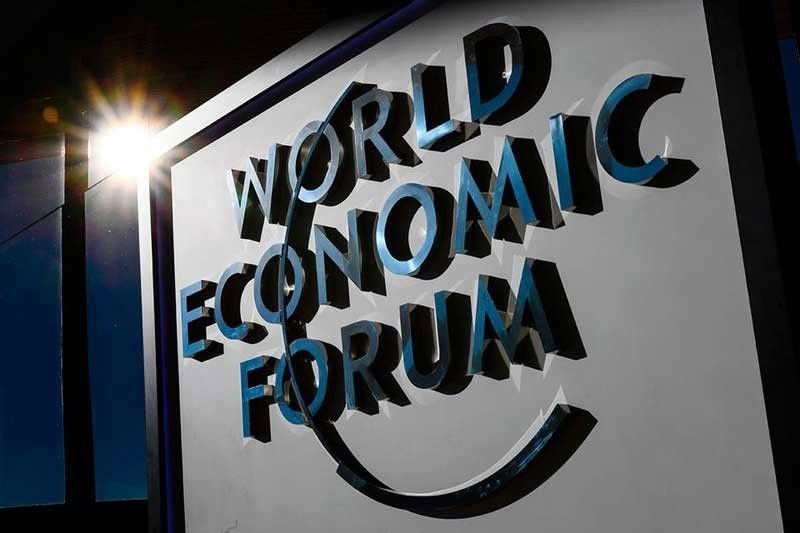Extreme weather, economic downturn top risks for Philippines – WEF

MANILA, Philippines — Extreme weather events, an economic downturn and shortage in energy supply are the top risks seen in the Philippines for the next two years, according to the World Economic Forum (WEF).
Results of the Executive Opinion Survey (EOS) released as part of the WEF’s Global Risks Report 2024 showed extreme weather events as the top risk for the country in the next two years.
The Philippines is among the countries most vulnerable to climate-related weather events.
The EOS, which was administered between April and August last year, covered over 11,000 respondents.
For the survey, respondents were asked to select five out of 36 risks that are most likely to pose the biggest threat to their country in the next two years.
The WEF report showed that Philippine respondents cited the economic downturn as the second biggest risk for the country in the next two years.
The Philippine government is aiming to achieve a 6.5 to 7.5 percent growth this year, revised from 6.5 to eight percent previously.
For 2023, the government set a six to seven percent growth target.
Philippine economic growth was at 5.9 percent in the third quarter of last year, faster than the 4.3 percent in the second quarter.
In the first nine months of 2023, the economy posted a 5.5 percent growth.
Completing the top risks seen for the Philippines are energy supply shortage, inflation and infectious diseases.
According to the WEF report, misinformation and disinformation are the biggest risks globally in the short term.
“Emerging as the most severe global risk anticipated over the next two years, foreign and domestic actors alike will leverage misinformation and disinformation to further widen societal and political divides,” WEF said.
With several economies including Bangladesh, India, Indonesia, Mexico, Pakistan, the United Kingdom and the US to hold elections over the next two years, the WEF said the widespread use of misinformation and disinformation, and tools to disseminate it, may undermine the legitimacy of newly elected governments.
“Resulting unrest could range from violent protests and hate crimes to civil confrontation and terrorism,” the WEF said.
In the next 10 years, the WEF said extreme weather events are of greatest concern globally.
The WEF said extreme weather events are anticipated to become even more severe over the next decade.
“An unstable global order characterized by polarizing narratives and insecurity, the worsening impacts of extreme weather and economic uncertainty are causing accelerating risks – including misinformation and disinformation – to propagate,” WEF managing director Saadia Zahidi said.
“World leaders must come together to address short-term crises as well as lay the groundwork for a more resilient, sustainable, inclusive future,” she added.
- Latest
- Trending































